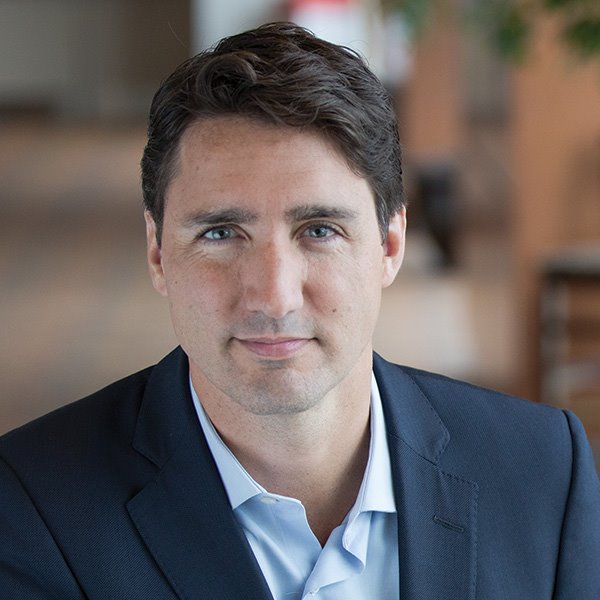Canada News
Chief of Ontario reserve says housing shortage worse than ever; PM promises help

FILE: Canadian PM Justin Trudeau (Photo: Justin Trudeau/Facebook)
PIKANGIKUM, Ont. — Prime Minister Justin Trudeau is promising a remote northwestern Ontario reserve help with a housing shortage that the chief says is worse than ever.
Trudeau said during a visit to Pikangikum First Nation that Ottawa is serious about working with the community to improve its housing.
He said more and better housing in Indigenous communities is one of his government’s priorities.
Earlier in the day, Pikangikum Chief Dean Owen said the backlog of homes needing to be built on the reserve is almost twice as much as it was when he became chief.
Some new houses and a new school have been built, but the chief added that construction on the reserve is hampered by a lack of electrical capacity.
The community called on Trudeau to come visit after a fatal fire in 2016 that killed six adults and three children under five in one home.
Trudeau told students during a question-and-answer session at the school that the government wants to make investments that are going to make a real difference.
“We know that unless you can start with safe, secure, adequate housing, it becomes difficult to succeed in anything else in life,” he said Friday. “It is difficult to go to school, difficult to work, difficult to raise a family right.
“It needs to start with housing.”
Owen said there were 1,800 band members in 2005 when he became chief of the reserve, about 500 kilometres northwest of Thunder Bay, Ont.
“We had a shortfall, backlog of homes back then close to 300 homes. Thirteen years later, we’re at 3,100 people on reserve and the backlog has since almost doubled,” Owen said in an interview Friday before Trudeau’s arrival.
Owen said an extended family of nine or 10 people often shares one of the reserve’s existing homes and people are forced to sleep in shifts.
He said construction on the reserve is hampered by a lack of electrical capacity.
“The problem actually has to do with the size of the electrification that we have running diesel generators,” he said. “We maxed that out pretty much two years ago.”
The federal government last summer announced up to $60 million in funding to connect Pikangikum to Ontario’s power grid. Owen said that should help.
“That will definitely allow for more housing, more infrastructure. We’re pretty much in dire need for living like anyone else in Canada or Ontario — water and sewer in every home.”
Pikangikum faces challenges on top of substandard housing. A boil-water advisory has lasted more than a decade on parts of the reserve. The community has a water treatment plant, but about 80 per cent of homes are not connected and rely on truck delivery or hauling water by hand.
Trudeau said his government has eliminated boil-water advisories on about two dozen reserves and is still working to erase them entirely by March 2021.
Suicide also remains prevalent.
Answering a question about young people killing themselves, Trudeau said the solution is twofold.
“We need to make sure that you’re getting the support from people who will help you through that difficult moment. But we also need to make sure that it’s not just a Band-Aid, that we are giving you opportunities to be hopeful about your future, about your capacity to build a better life, have a great family.”
The prime minister started his visit Friday with a meeting at the band office. He told council members, Grand Chief Alvin Fiddler of the Nishnawbe Aski Nation and others that he was in the community primarily to listen to concerns and see what the government can do to help.
Nishnawbe Aski Nation represents about 50 First Nations in northern Ontario.
“We see a lot of challenging things in the news from time to time about difficulties faced by people in this community,” Trudeau said. “But … one of the things I’ve been excited about … is that there is a lot of work being done and a lot of good stories as well that we are working to build.”
The prime minister then visited Eenchokay Birchstick School, which opened about 18 months ago after the former school burned down.
He stopped briefly in a couple of classrooms. In one, he took part in a game where he stepped on tiles on the ground with different letters on them as students shouted out the letters — sort of a hopscotch with the alphabet.
In another room, he quizzed elementary school students on words in Ojibwa. He first held up a picture of a bear, or “makwa,” and told the kids his brother once had a dog with that name.





















